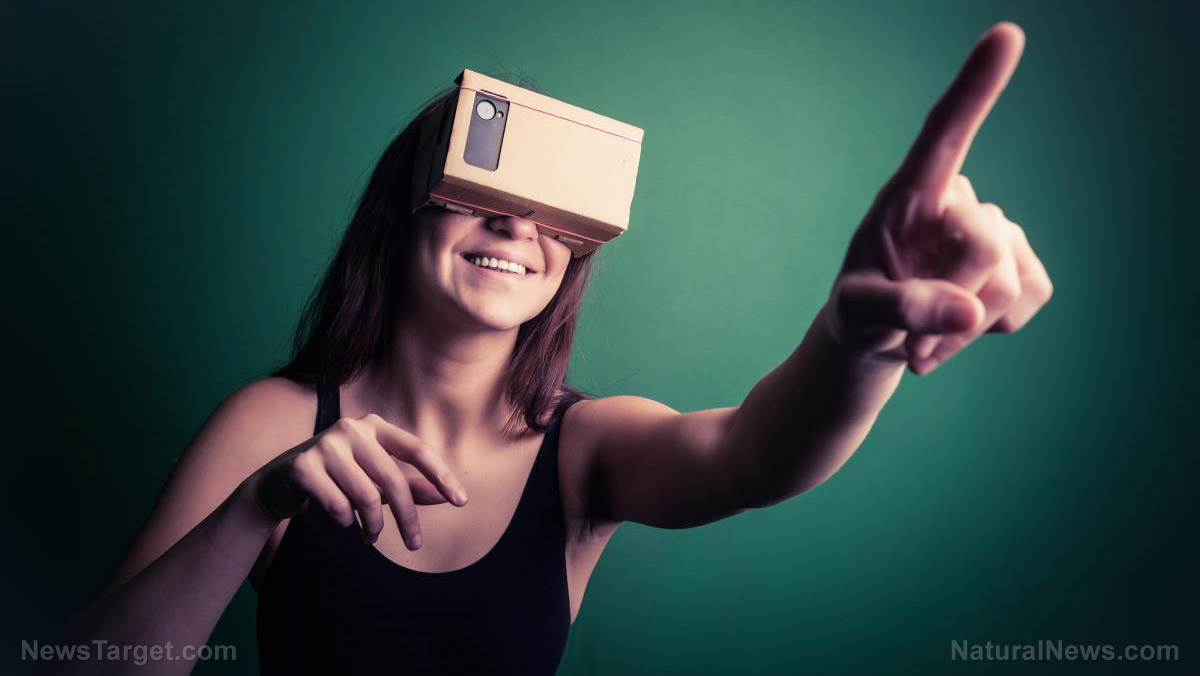Social media users obsessed with “likes” think a lot like LAB RATS seeking food – study
03/15/2021 / By Virgilio Marin
American and European researchers suggest that people who chase “likes” on social media share similar thinking patterns with lab rats seeking food.
In their study, which is set to be published in the journal Nature Communications, the researchers found that looking for affirmation online is very much like “reward learning,” a type of reinforcement learning commonly observed in lab mice conditioned to perform certain actions with food as a reinforcer.
The psychology behind social media addiction
The intense popularity of social media is often attributed to a psychological need for social rewards, but the link between the two lacked empirical evidence. To that end, the researchers used computational models to analyze more than one million posts from over 4,000 social media users to see whether social rewards influence social media use.
The models showed that people tend to post more frequently when they receive many likes and less frequently when they get fewer likes. The researchers arrived at a similar finding after creating an Instagram-like platform where participants could post memes and like each other’s posts. Those who received more likes tended to post more often on average.
This likes-driven behavior matches reward learning, according to the researchers, where the promise of a reward drives and reinforces certain behaviors. (Related: Is social media making you depressed? Science concludes “yes.”)
Psychologists had several times over demonstrated reward learning in lab rats using the “Skinner box,” a conditioning chamber commonly used to objectively record animal behavior. A lab animal is placed in the chamber and gets rewarded with treats when it performs a certain action, such as pressing a lever.
Bjorn Lindstrom, a professor of psychology at the University of Amsterdam and one of the study researchers, said about the importance of their study: “Our findings can help lead to a better understanding of why social media dominates so many people’s daily lives and can also provide leads for ways of tackling excessive online behavior.”
Tips to minimize social media use
Around four billion people spent multiple hours every day on social media platforms like Instagram and Twitter last year. The use of these online platforms can become compulsive, leading to what some experts call “social media addiction.”
The Addiction Center defines social media addiction as “being overly concerned about social media, driven by an uncontrollable urge to log on to or use social media, and devoting so much time and effort to social media that it impairs other important life areas.”
Some experts estimate that up to 10 percent of Americans have social media addiction. However, that figure may be higher because social media use is hard to track. (Related: Is social media addiction a new type of psychiatric condition?.)
Check out the following tips to combat social media addiction:
- Turn off notifications. It’s easier to concentrate on your daily tasks if your phone is dead silent. Notifications are a constant reminder that something is happening online and you might feel like you’re missing out.
- Set a timer. Limit the amount of time you spend on social media by setting a timer. Choose a time limit depending on the severity of your addiction.
- Get a new hobby. A hobby will keep your mind and hands preoccupied when you’re craving to go online.
- Communicate in person or via calls. Instead of using social media to keep talking to your family and friends, shoot them a text, give them a call or give them a visit. This will minimize the need to get online.
- Make it a treat. Look at social media as a treat by allowing yourself screen time only when you’ve done something productive. This might change the way you think about social media.
- Delete unused apps. Taking off social media apps you rarely use will remove notifications and the temptation to scroll mindlessly.
- Go cold turkey. If things are getting worse, it might be time to stop using social media completely. Decide how long it’s going to be and inform your friends how long you’ll be away and where they can reach you.
Left unchecked, social media use can breed bad behaviors that further reinforce the itch to go online. Take a break from social media using the tips listed here for a healthy lifestyle.
Learn more about how social media addiction affects health at Addiction.news.
Sources include:
Tagged Under: Big Tech, brainwashed, cognitive function, cognitive health, Glitch, indoctrination, lab rats, mind control, neurology, Psychology, research, reward learning, Skinner box, Social media, social media addiction, tech giants
RECENT NEWS & ARTICLES
BrainFunction.News is a fact-based public education website published by Brain Function News Features, LLC.
All content copyright © 2018 by Brain Function News Features, LLC.
Contact Us with Tips or Corrections
All trademarks, registered trademarks and servicemarks mentioned on this site are the property of their respective owners.





















